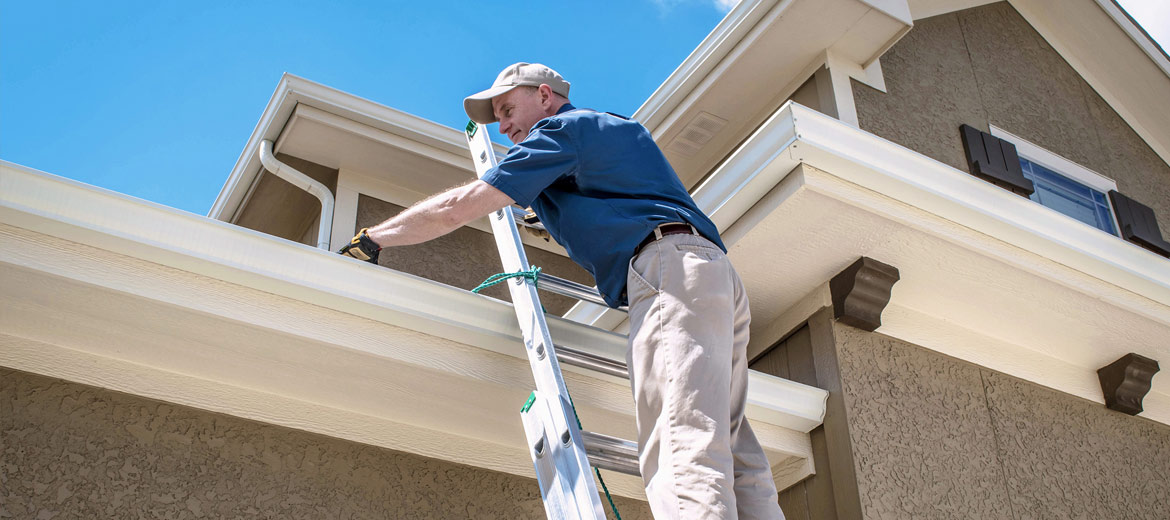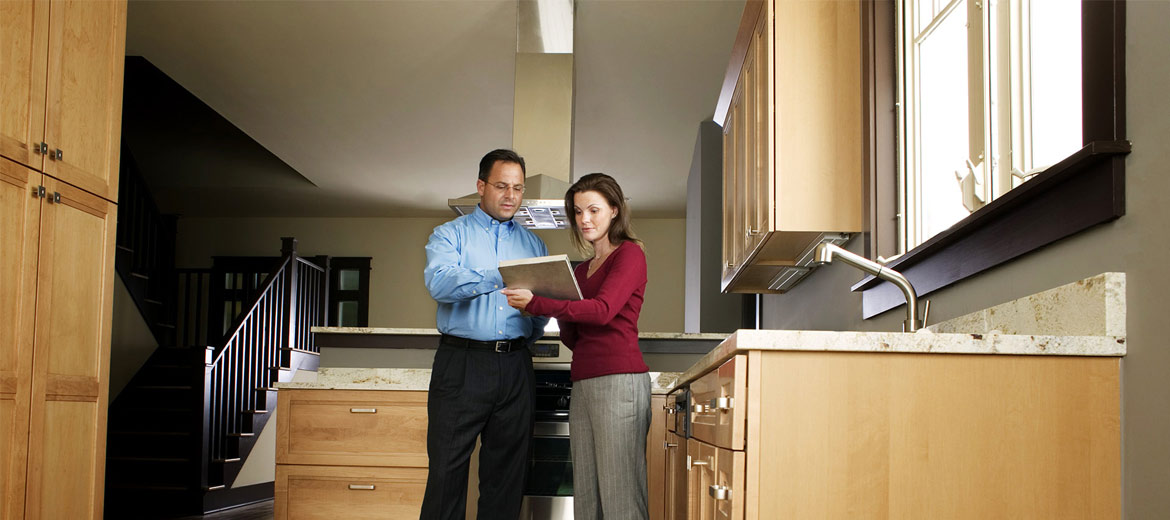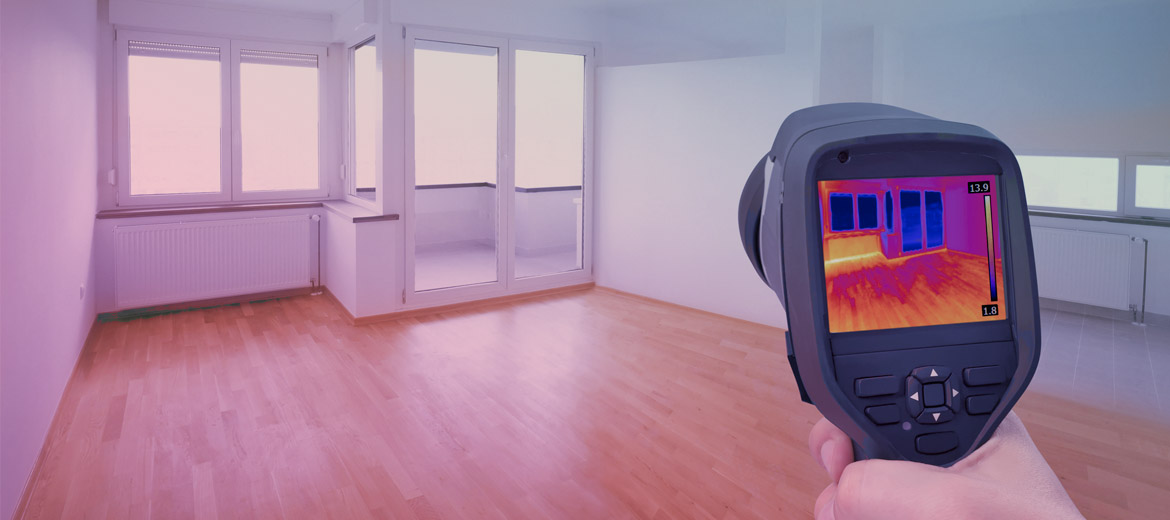Know Your Home’s Condition
With our experience, we will share our inspectors knowledge to give you the tools you need to make an educated buying, selling or home maintenance decision.
A Home Inspection is a visual examination of a residential, performed for a fee, which is designed to identify observed material defects within specific components of the home,The Components may include any combination of mechanical, structural, electrical, plumbing, or other essential systems or portions of the home, as identified and agreed to by the Client and Inspector.
A Home Inspection is intended to assist in evaluation of the overall condition of the home. The inspection is based on a visual observation of the visible and apparent condition of the structure and its components on the date of the inspection, The home inspections will not cover prediction of future conditions.
A Home Inspection will not reveal every concern , but only those material defects observed on the date and time of the inspection.
A Home Inspection can include an analysis of energy flows and usage in a residential property up on the requests.
The Material Defect is a condition of a residential real property, or any portion of it, that would have a significant, adverse impact on the value of the the property, or that involves an unreasonable risk to people on the property. The fact that a structural element, system or subsystem is near, at or beyond the end of the normal useful life of such a structural element, system or subsystem is not by itself a material defect.
How long an inspection take ?
The inspection process typically takes about 2-3 hours to complete. This of course may vary, according to the size and condition of the home.
Who can present in the inspection ?
Buyer, Seller or Realtor can present in the inspection, this will give you a chance to ask questions and become familiar with the various systems of the home.
Home Inspection Reports
An Inspection Report shall describe and identify, in written format, the inspected systems, structures, and components of the dwelling, and shall identify material defects observed. Inspection reports may contain recommendations regarding conditions reported or recommendations for correction, monitoring or further evaluation by professionals.
Inspection reports are created from an inspection software which will contain
1. Detailed report about inspected items or systems
2. Pictures of each element inspected systems
3. Professional, unbiased recommendations regarding conditions
4. Recommendations for correction, monitoring or further evaluation by professionals.
Top 10 systems checking in Home inspections
We will inspect all the structural elements and systems of the home. Items that will typically be included in an inspection are:
1. Framing (structure)
2. Structural Systems
3. Foundation
4. Interior
5. Electrical system
6. Plumbing system
7. Heating and air conditioning systems
8. Exterior Systems
9. Bathrooms
10. Roof and attic
A Typical Home Structure
Additional items and systems unique to a particular home can also be inspected.
When the inspection is complete, well tell you of any problems that were discovered and discuss them with you. We will also tell you about any routine maintenance that should be performed, as well as answer any questions you may have.




